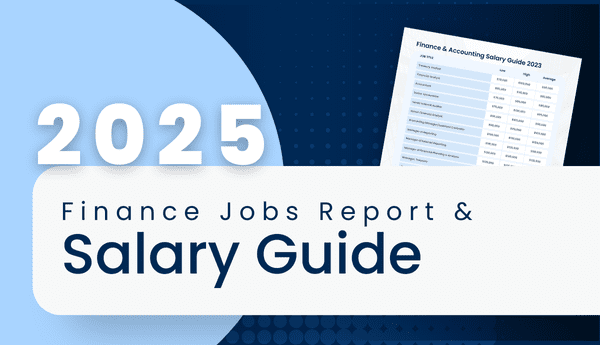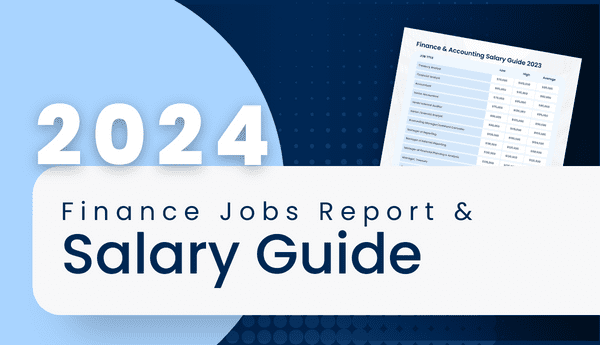By David Mudd
David is a member of Clarity Recruitment’s Advisory Board and a guest blogger.
He has 15 years of corporate human resources and consulting experience, specializing in HR operations and talent management solutions.
With an MBA in Organizational Behaviour, David helps ensure our company drives real value for clients, candidates and partners. Read more from David on his blog HR By The Horns.
Perhaps it’s the time of year, the weather, who knows – but it seems a growing chorus of pundits is humming the “bash HR” tune with increasing volume. Here’s a great example: Why We No Longer Need HR Departments.
Oh hey, welcome back! Like me I bet some of you succumbed to the cotton candy commentary and read 20 replies – it’s hard to divert one’s gaze from a train wreck. But seriously, is there any merit to this rhetoric?
With clenched teeth, I’ll say yes to a certain degree – in my experience some HR teams really do seem stuck in second gear (politically correct lingo for “don’t add much value”). Peeling back the onion, however, I’ve been surprised to discover why certain HR teams suffer this fate – and others don’t.
Often, I think the problem stems from what HR is doing rather than what it isn’t.
For every HR team with a “No” reputation (HR tells people what they can’t do or what HR won’t do), I can name another capable HR team that says “Yes” far more frequently than it should. And I don’t mean yes in the silly push-over sense – I mean yes in the spirit of wanting genuinely to add more value to the business, then spreading HR too thin, over-promising and under-delivering.
Consider a recent client poised for growth following some key wins, a new business strategy, new leadership, etc. All signs pointed to a heyday of opportunity for HR until we compared expectations against the team’s capacity to deliver with current resources (headcount was to remain flat at all costs). A simple activity analysis revealed HR was spending considerable – and justifiable – quantities of time on “core” work, and virtually no time on many of the new focus areas (although team members looked forward to doing so). Even more worrisome, HR was lobbying to take on other work that “has to be done but no one else is doing it.”
Does this sound familiar in any way? If yes, for the love of HR please stop! As you might counsel your own clients, in times of change step back and re-focus on what’s truly important. Be honest in your capacity assessment, ruthless in what makes the cut and what doesn’t, and forthright in pushing back on misaligned expectations.
Below is a sample of undeniably “good” work that needs doing, but could warrant a robust discussion on ownership and resources before falling quietly (or purposefully) into HR’s lap.
- Employee Communication: As a former communication consultant, you’ll get no pushback from me on the importance of effective internal communication. Also, there’s no denying the proximity of HR to the target audience for this messaging – hence the inclination to allocate responsibility in this direction. All the same, this decision deserves especially careful consideration given the highly specialized skill-set requirement and potentially all-consuming nature of the work (in particular when the inevitable pairing with external communication takes place). I’ve seen HR ownership work in some situations, but tend to favour an independent communications team working in close partnership with HR.
- Training: It’s a never-ending debate – does training belong in HR or should it go to the business? Certainly HR has a very significant role to play in supervisory and other developmental training, and I can see HR taking full accountability if training of this nature comprises a majority of the focus. However, in many organizations business-specific training is far more prevalent (e.g., product education, technical re-certifications, etc.). In this case, does it make sense to allocate limited HR resources to deliver and/or administer these programs – or would they add more value helping managers assess bench strength, build succession plans, or drive some other people initiative of critical importance?
- Corporate Social Responsibility: Here I’m referring to the myriad of activities surrounding a company’s relationships with communities, civic and environmental associations, academic institutions, charitable organizations, governmental agencies, etc. While this work is clearly important, in my view its link to HR is less direct. Whatever your opinion, CSR requires expertise and often considerable resources for success. Moreover, these requirements will increase alongside employees’ rising CSR expectations as part of the employment value proposition. Does your HR team have the capability and capacity to serve the organization well with this additional responsibility?
- Recruiting: Wait, isn’t recruiting a “core” HR responsibility? Sure it is, but is it necessary – even wise – to do everything in-house? There are few activities as time-consuming for HR as a concerted hiring spree. Think you’ll get a robust talent review in the middle of a 30-day 20% salesforce expansion? Think again. Better yet, think pro-actively about which positions and recruiting processes make sense to manage internally, and where external support might add value through increased quality, speed and/or cost efficiency. Often, the opportunities to enhance recruiting service delivery through a “hybrid” internal-external approach surprise even the biggest skeptics. A future post will focus on this topic.
- Employee Relations: This is the vague term many organizations use to refer to “dealing with miscellaneous people issues.” No one will (or should) deny that dealing with people is a necessity for day-to-day operations, but does it qualify as core HR work too? Not in this blog! Here’s my bottom line: managers manage people. And while there will always be exceptions, HR’s primary job in this capacity is to help managers manage people. So, if HR is spending large chunks of time on “employee relations”, take a second look – there is likely a misalignment of responsibilities between HR and line managers, and considerable lost opportunities for HR to add more significant value in other ways to the business.
Thoughts welcome on different points of view, or other examples of good work that may impede HR’s ability to deliver the essentials.
Let us know what you think! At Clarity Recruitment, we’re always interested in hearing from accounting and finance professionals like yourselves, who are ready for new, exciting opportunities that can take their careers to the next level. And be sure to follow us on Twitter (@clarityrecruits) and connect with us on LinkedIn and Facebook for more great tips and advice.





